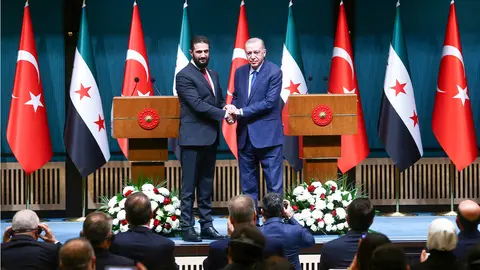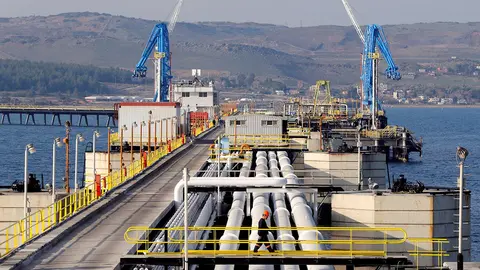Turkey transforms its role in arms manufacturing with regard to Europe
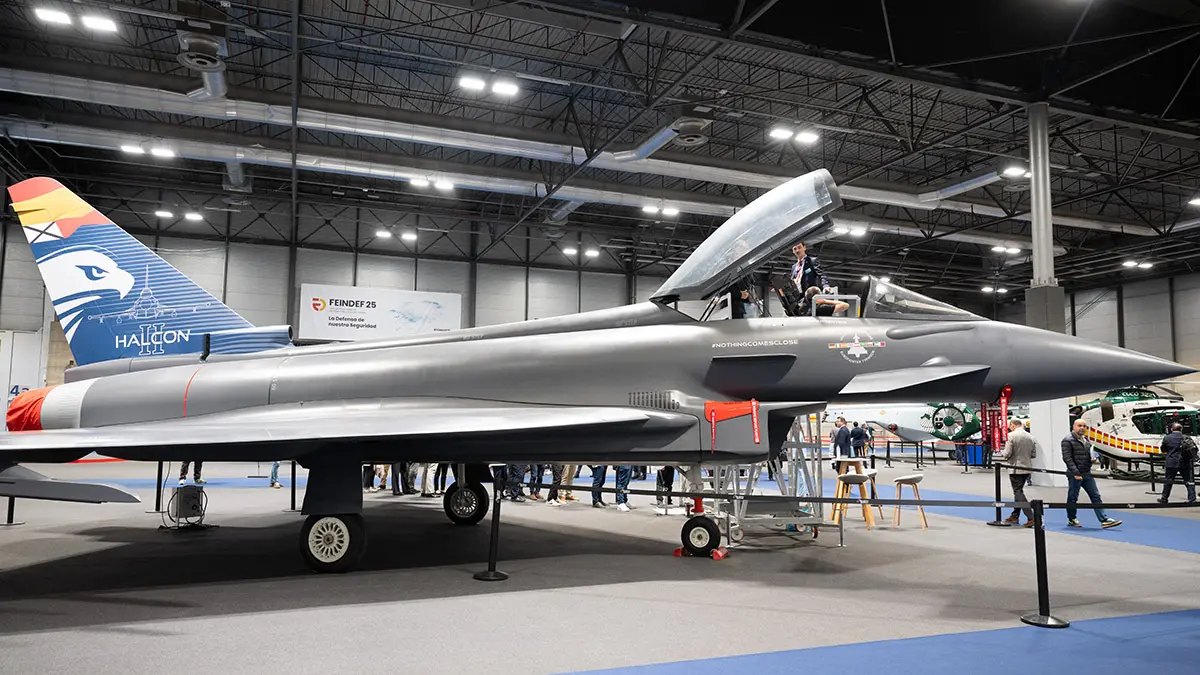
Turkey is taking a series of measures to become an important strategic partner for European security, such as signing the arms agreement related to the Eurofighter aircraft and the agreement with the United States for F-16 fighter jets.
According to analyst Robert Ellis in a report in The National Interest magazine, these two agreements reflect Turkey's need to modernise its air force and the role of arms negotiations in the political and security arena. Furthermore, this action demonstrates a significant change in defence relations between Ankara and Brussels.
In recent decades, the Eurasian country has moved towards independence in the defence industry due to the sanctions it has been subjected to, which have led to supply shortages.
Although Germany, the United Kingdom and Italy agreed to sell Turkey 40 Eurofighter Typhoon aircraft in July, there is some mistrust of Turkish President Recep Tayyip Erdogan due to the political repression that followed the 2016 coup attempt, which he blamed on his political rival, the cleric Fethullah Gülen.
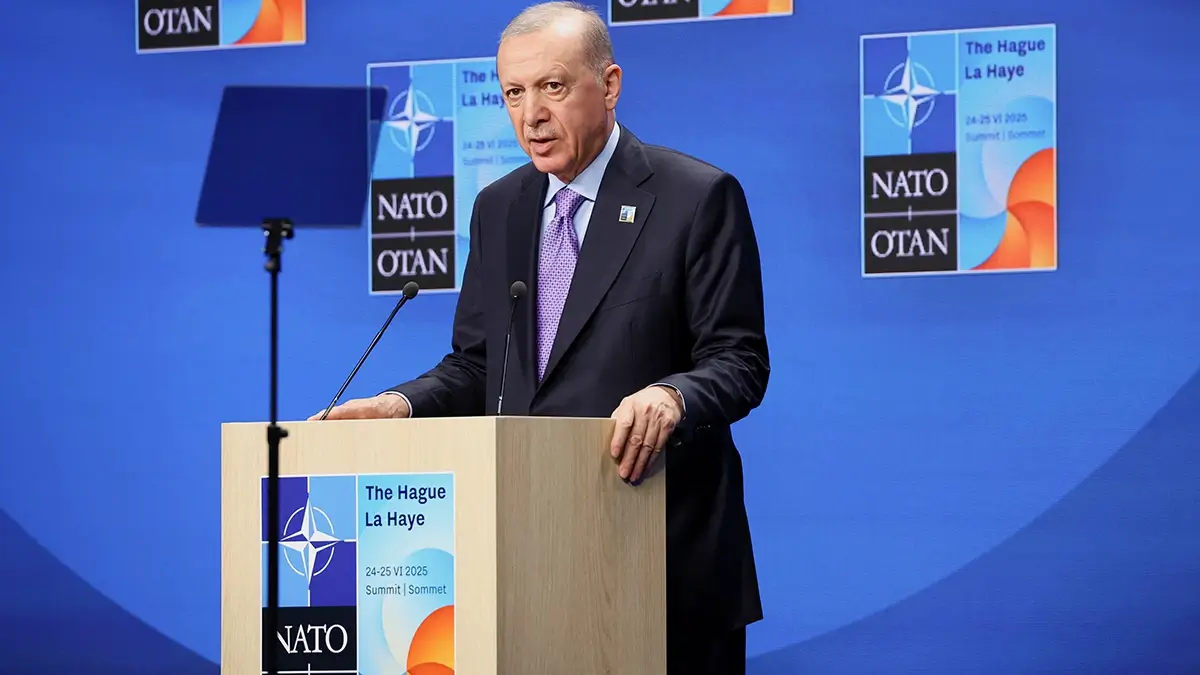
Athens and Nicosia see Turkey as a threat because of its ‘Blue Homeland’ maritime doctrine, which claims large areas of the Eastern Mediterranean, including places that are part of Greece and Cyprus.
This issue prevents the European Union (EU) from fully opening up to Turkey, for example, with regard to its entry into the European Security Action Programme (ESAP), which has approximately £150 billion in loans to invest in the military industry.
What is more, some speculate that it could pose a strategic threat to the North Atlantic Treaty Organisation (NATO) in the future due to its potential regional interference and domestic policy. Nor is it reassuring that it is maintaining a balance between the Kremlin and the White House, as there are fears that it will not ensure the collective protection of Europe instead of negotiating.
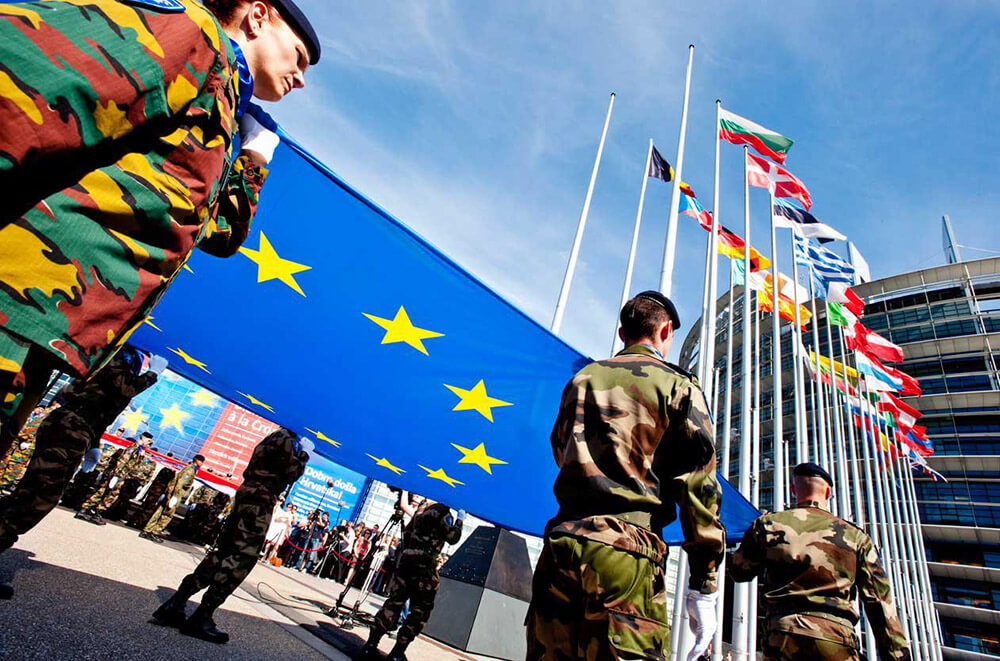
However, the Turkish president assured Polish Prime Minister Donald Tusk during his visit in March this year that the EU must cooperate closely with Ankara if it wants to regain its power, a situation that is not yet fully realised.
So, due to Europe's need for Turkey's military strength, the other EU countries are still assessing their position because they are wary of President Erdogan's domestic policy and his actions in maritime territory. It is not possible to talk about full integration at this stage.
On the other hand, the United States approved the sale of 40 F-16 fighter jets and the upgrade of dozens of aircraft after Turkey gave the green light to Sweden's accession to NATO.
The agreement had been on hold for years due to tensions between the two countries, as Ankara had been excluded from the F-35 stealth fighter programme after purchasing the Russian S-400 air defence system, which was frowned upon by the US and NATO as it meant collaborating on arms with Vladimir Putin's Russia, which could have posed a security problem for the Atlantic Alliance.
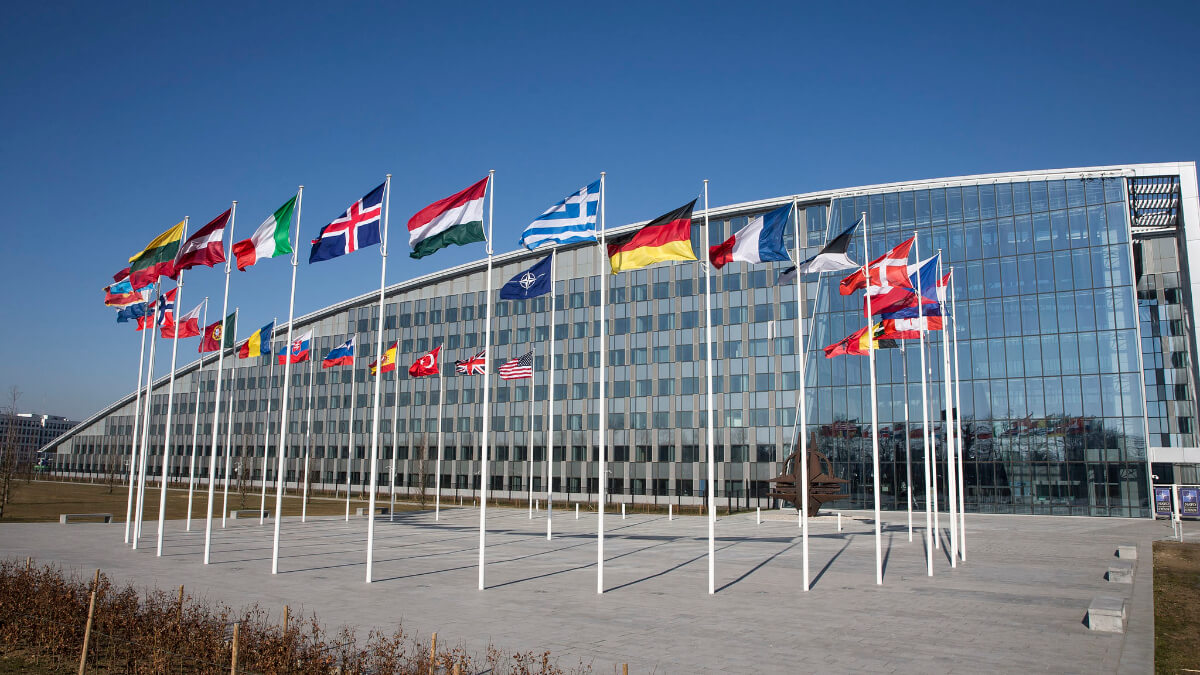
Turkey's military power
The reason why Turkey's military capability cannot be ignored by the EU or the United States is because, according to the latest report by the Global Firepower platform, it is the ninth most powerful country in terms of military strength out of 145 countries.
According to the report, it has almost 884,000 military personnel, of whom approximately 355,000 are active. Its air force has 115,000 personnel, while the army has almost 519,000 and the navy has 100,000.
On land, it has more than 2,200 tanks, more than 2,900 artillery units in total and more than 61,100 vehicles. It is the second largest fleet within NATO after the United States.
In the air, it has 201 attack aircraft, 84 transport aircraft, almost 300 military training aircraft, almost 30 special aircraft and more than 600 helicopters in total.
At sea, it has 13 submarines, 41 patrol boats, 11 minesweepers, 9 corvettes, a helicopter carrier and 17 frigates.
According to Dr Jens Bastian, a researcher at the German Institute for International and Security Affairs (SWP), Turkey has reformed its arms industry by connecting higher education institutions, companies and research centres with the army, as well as reorganising itself financially.
However, despite its progress, it still has weaknesses in the technology sector, particularly when it comes to microchips and quantum technology.
According to Professor Haluk Görgün, director of the State Defence Industry Agency (SBB), Turkey has exported all kinds of military equipment to 180 countries, reaching a volume of more than 7 billion dollars, which also demonstrates the military capability of the Ottoman nation.
Ankara has proven that it has become a competitor in the European arms market due to its high export levels, which are also a cause for concern for some European countries.

